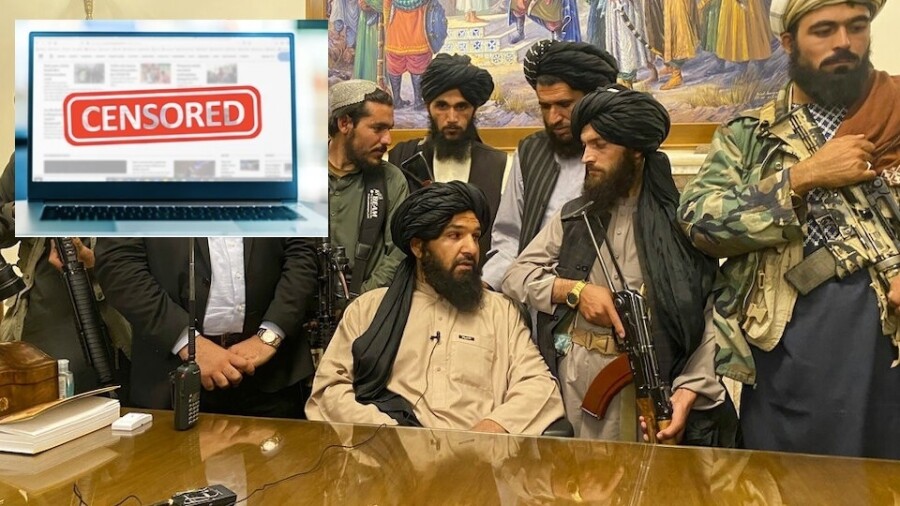
KABUL, Afghanistan — A new report by MIT’s prestigious Technology Review shows how sexual expression and adult content continue to exist as an underground phenomenon when religious zealots impose their views on the general population.
Much like religious groups in the United States, the Taliban has condemned all sexual expression and adult material online. Whenever it has seized power, it has also effected laws and regulations to achieve its goal of eradicating such material.
The in-depth Technology Review report by Ruchi Kumar explained that “less than 20 years after former president Hamid Karzai made Afghanistan’s first mobile phone call, there are nearly 23 million mobile phone users in a country of fewer than 39 million people. But internet access is a different matter: by early 2021, there were fewer than 9 million internet users, a lag that has been largely attributed to widespread physical security problems, high costs, and a lack of infrastructural development across the country’s mountainous terrain.”
That gap is bridged in Afghanistan by men known as “computer kars,” described by Kumar as “someone who sells digital content by hand in a country where a steady internet connection can be hard to come by.”
“I sell pretty much everything, from movies, music, mobile applications, to iOS updates. I also help create Apple IDs and social media accounts, and with backing up phones and recovering data,” a 21-year-old kar told the reporter. “I can also unlock [stolen] phones and provide other naughty videos.”
An Informal Union of Offline Content Providers
But as the Taliban finalized its takeover of the central Asian nation in August, the kar had to take precautions.
“He began erasing some of the sensitive data on his computer and moving the rest onto two of his largest hard drives, which he then wrapped in a layer of plastic and buried underground at an undisclosed location,” the reporter explained.
When he felt things were getting tense in his town, the kar told Kumar, “me and other computer kars of Mazar who work together held a secret meeting to decide what to do to protect all our content.”
“Among them, the informal union of computer kars had several hundred terabytes of data collected over several years, and much of it would be considered controversial — even criminal — by the Taliban,” the article recounted.
“We all agreed to not delete, but rather hide the more nefarious content,” the kar said. “We reasoned that in Afghanistan, these regimes come and go frequently, but our business should not be disrupted. People are hiding guns, money, jewelry, and whatnot, so I am not scared of hiding my hard drives.”
“I am a 21st-century boy, and most Taliban are living in the past,” the kar added.
A Mirror for the Western ‘War on Porn’
The situation described by the Technology Review article is a preview of what can happen when a religious minority with repressive ideas about sexual expression manages to seize control of the legislative process.
The future desired by religiously motivated and like-minded groups like NCOSE, Exodus Cry, Fight the New Drug and other organizations with an avowed mission to “eradicate all pornography” is already a reality in Taliban-controlled Afghanistan. As the article shows, such censorship inevitably results in a network of “bootleggers” like the computer kars, craftily hiding hard drives and operating a black market of the kind of sexual content and information that the adult public in a free society has already shown they want to be able to access.
To read “Can Afghanistan’s underground ‘sneakernet’ survive the Taliban?” visit MIT’s Technology Review.
